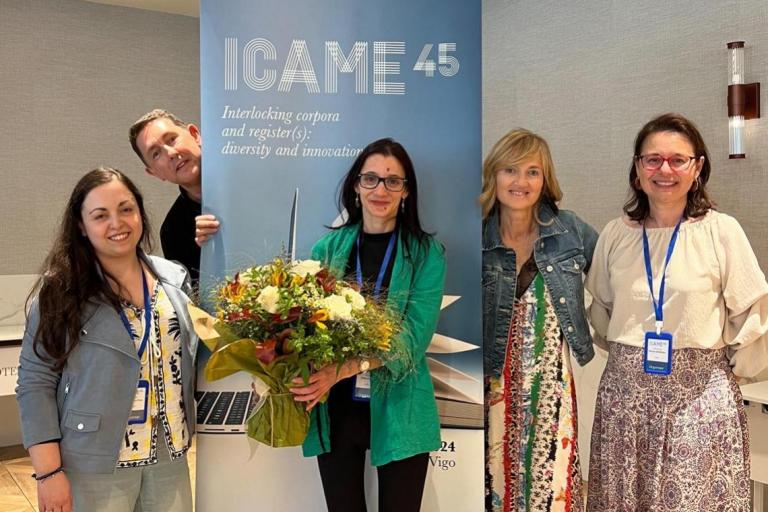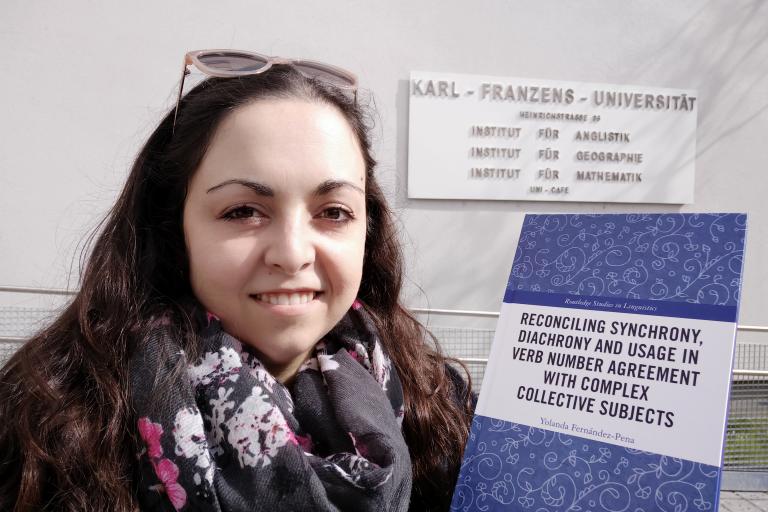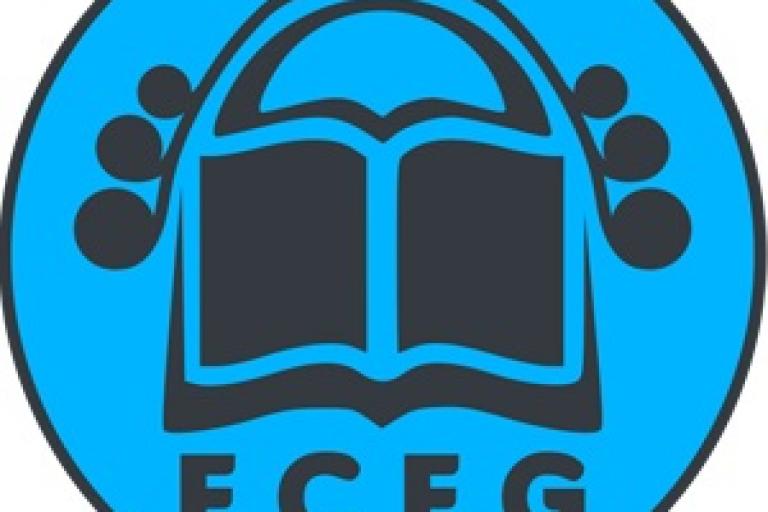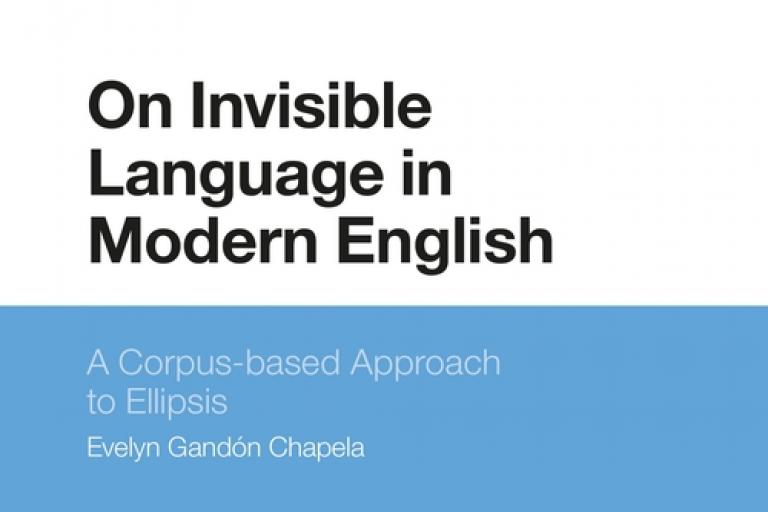On 19 January Prof. Philip Miller and Prof. Anne Abeillé taught the seminar “Ellipsis: An Advanced Introduction”, following an invitation by the LVTC group.
Philip Miller is Professor of General Linguistics and English Linguistics at the University Paris Diderot-Paris 7, where he also serves as Director of the Science of Language Doctoral School. His research focuses on formal and mathematical linguistics. He is currently interested in the syntactic, semantic, discursive and psycholinguistic analysis of verbal anaphora in English (especially do it, do this, do that, do so and post-auxiliary ellipsis). Prof. Miller has published actively over the years, being the author/co-author of 6 books and over 40 papers in prestigious collective volumes and journals. He also serves on the editorial boards of several journals such as Lexique, Traitement automatique des langues and French Review of English Linguistics.
In his talk, Prof. Miller provided a definition of the concepts of ‘ellipsis’ (“missing words that partly receive their interpretation through a contextually given antecedent”), ‘anaphor/proform’ (“word or phrase that partly receives its interpretation through a contextually given antecedent”) and ‘anaphora’ (“the phenomenon linking ellipses and proforms/anaphors to their antecedents”), illustrating each of them with examples from English and Portuguese. Then, he went on to explain the general approaches to ellipsis and anaphors in the literature and the discourse conditions that license VP Ellipsis and anaphors such as do it, do this, do that and do so as attested in his corpus analysis of COCA.
Anne Abeillé is Professor of Linguistics at the University Paris Diderot-Paris 7, where she has also served as Chair of the Department of Linguistics and as Director of the Laboratoire de Linguistique Formelle. Her work has focused mainly on the three following topics/areas: (i) the development of formal models for the syntax of natural languages, especially Lexicalized Tree Adjoining Grammar and Head-Driven Phrase Structure Grammar; (ii) corpus-based linguistic analysis of the syntax of French and comparative grammar of a wide variety of languages, especially Roman languages; and (iii) production of linguistic resources, such as a parsed electronic corpus of almost a million words (French treebank), which is freely distributed for research purposes and is being used by hundreds of labs around the world. Prof. Abeillé has coordinated or participated in over 15 national and international projects.
During her talk, Prof. Abeillé described two other elliptical phenomena: Gapping (as in Sandy played the guitar, and Betsy the recorder) and Right-Node Raising (as in John likes but Mary dislikes bananas). She tackled the syntactic contexts that license these constructions and contrasted the theories avilable in the relevant literature with the results obtained from several corpus studies of the Penn Treebank.







